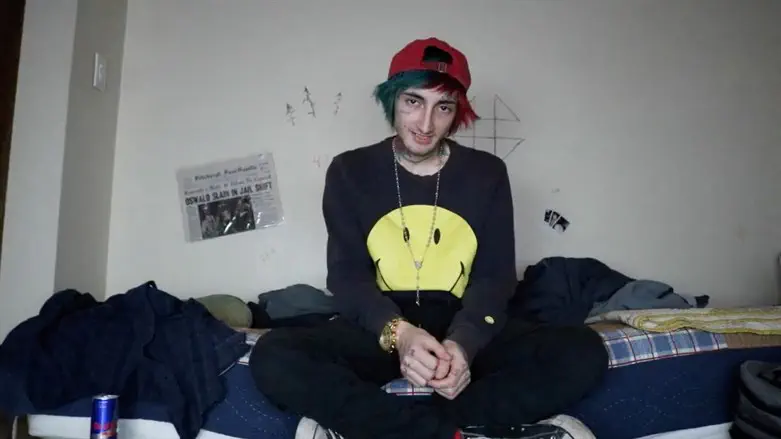
The suspected shooter from the deadly mass shooting in northern Illinois this week managed to purchase a total of five firearms, despite having a history of apparent mental illness and making violent threats, raising questions regarding the effectiveness of the state’s so-called “red flag” law.
Local officials revealed Tuesday that the suspect arrested in connection with the July Fourth massacre, which left seven dead in the Chicago suburb of Highland Park, had passed four mandatory background checks for purchases of five guns – including the weapon used in Monday’s deadly shooting rampage.
All four background checks were conducted after multiple incidents which raised questions regarding the suspect’s mental health.
The suspected gunman, 21-year-old rapper Robert “Bobby” Eugene Crimo III, purchased the five guns in four separate instances in 2020 and 2021.
A year before his first gun purchase, however, in April 2019, Crimo attempted to commit suicide, prompting an emergency call to 911.
In September of that year, police were called after Crimo threated to “kill everyone” in his family, Sergeant Chris Covelli of the Lake County Sheriff's Office revealed Tuesday.
Following the death threat, local police confiscated 16 knives, a sword, and a dagger owned by Crimo. After his father told police the weapons were his – despite being stored in his son’s room – authorities returned the knife collection.
"There were no complaints that were signed by any of the victims," Covelli said, and Crimo was not taken into custody in connection with the threat. Crimo’s only criminal offense listed in his record was unlawful possession of tobacco, filed when he was a minor in 2016.
However, Highland Park police did tell Illinois State Police after the September 2019 incident that they believed Crimo posed a “clear and present danger”, state police acknowledged Tuesday.
Despite Illinois having a “red flag” law – aimed at barring weapons purchases by individuals with histories of violence or mental illness – on the books since January 2019, state police claimed that since Crimo had not been issued a gun owner’s identification card at the time of the two incidents, the matter was dropped.
State police added that without formal criminal complaints or warnings regarding his mental health filed by those who knew Crimo directly or by healthcare providers, the agency was unable to “take additional action”.
In 2020, Crimo applied for a gun owner’s identification card, with his father’s backing, and passed the first of four background checks he would undergo during his weapon purchases.
While local police had notified state authorities that Crimo constituted a “clear and present danger,” the state’s red flag law was not used to bar Crimo either from obtaining a gun owner’s ID, or from passing any of the four background checks.
Authorities have yet to disclose the specific type of rifle used by Crimo during Monday’s attack, saying only it was a “similar to an AR-15”, and that Crimo had a second rifle in his car.
Crimo shot more than 70 rounds at the July Fourth Parade in his hometown of Highland Park, killing five people and wounded dozens. Two more victims wounded in the attack later succumbed to their wounds, raising the death toll to seven.
Prosecutors charged Crimo with seven counts of first degree murder Tuesday.
Should Crimo be convicted, he faces a mandatory life sentence.
A day after the deadly shooting, Bennett Brizes, who claimed to have been a friend of and former collaborator with Crimo in his music career, took to Twitter denying that the alleged gunman was driven by either far-right or far-left ideology, but was instead affected by years of drug abuse.
"He’s not antifa, he’s not some maga overlord," Brizes wrote. "He was an isolated stoner who completely lost touch with reality."
"He was never a white nationalist. And he was never a leftist."
